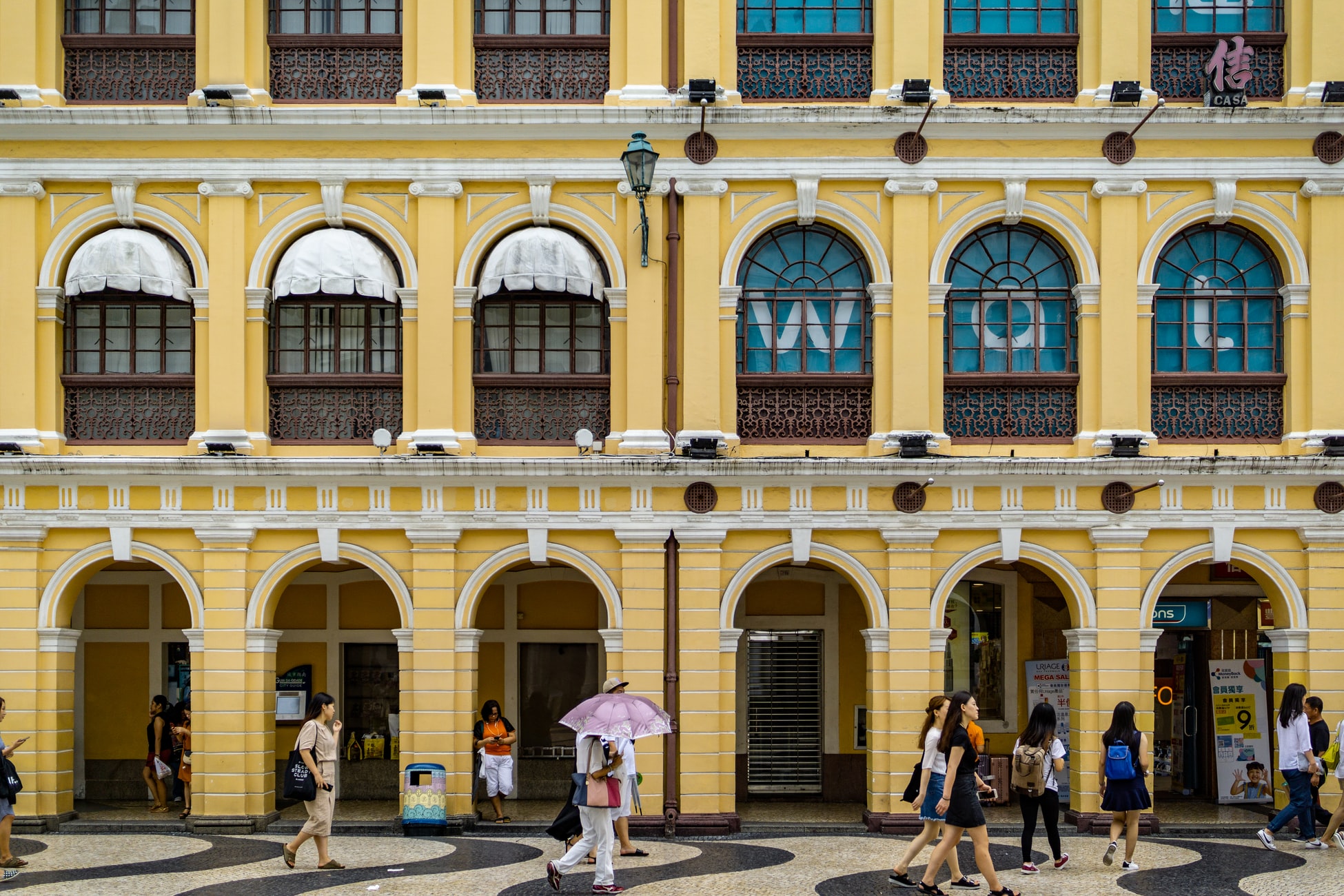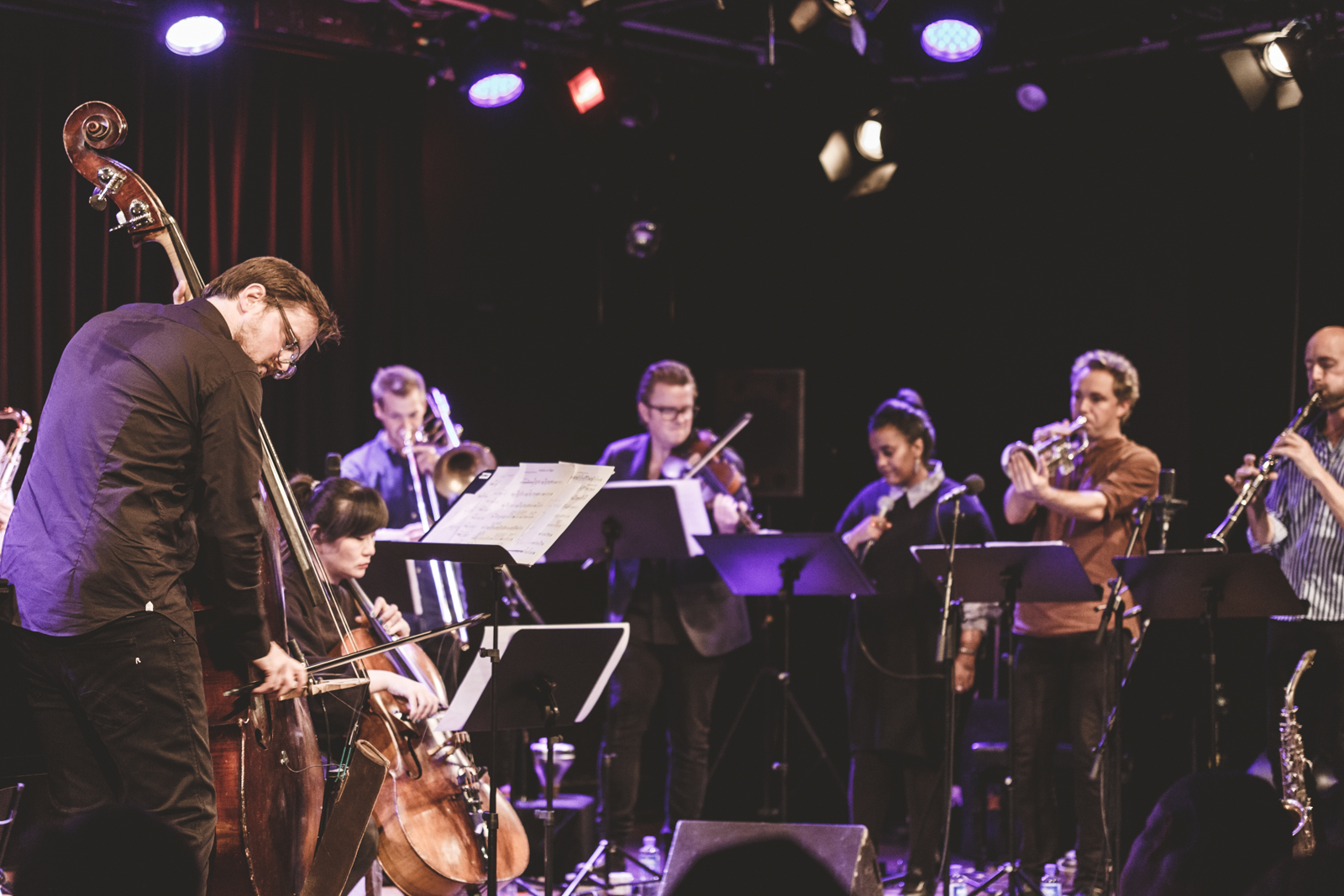Surely you have already heard of Macau. Behind this name with exotic accents hides a destination finally little known to Europeans. And yet, the destiny of this tiny territory of just over 30 km2 is closely linked to the old continent.A Portuguese colony since the sixteenth century, Macau returned to the Chinese fold in 1999, while remaining an autonomous region. Today, casinos and tourism contribute to its prosperity.
A special identity
Confetti located on the southern coast of China, Macau has many similarities with its neighbor Hong Kong, only 60 kilometers away and easily accessible by boat. Both were attached to the People's Republic of China at the end of the fifteenth century after having long been European colonies. Like Hong Kong, Macao has a system of autonomous administration which, for the time being, has been able to retain its liberal laws and institutions. This relative independence vis-à-vis the central power in Beijing is a subject of pride, but also of permanent debate in the country. It is also a major political issue for the very future of Macao.
The billions in casino revenue
If Hong Kong has built its fortune through finance, it is above all the gambling establishments that have made Macau's reputation. The city has no less than 41 casinos, each more luxurious than the last, where rich Chinese flock in droves to spend their money. They are the economic lung of the city: in 2019 alone, casinos generated more than $ 36 billion in revenue. By comparison, the entire state of Nevada is "only" $8.7 billion. Figures that confirm that Macau is much more than an Asian Las Vegas, contrary to a widespread idea, but indeed the real world capital of gambling.
A wonderful architectural heritage
 But if it is by far the best known, entertainment is only one of the many faces that Macau has.The city has preserved from 400 years of Portuguese occupation a rich historical and cultural heritage. A stroll through the old center is enough to convince yourself: around Largo do Senado, a pleasant pedestrian street surrounded by flamboyant baroque-inspired buildings, is the heart of the former colonial counter, a UNESCO World Heritage Site, which includes all the monuments worthy of interest. You will admire the pretty church of St. Dominic and the Dom Pedro theater in pastel colors. The number one attraction of the city is undoubtedly the ruins of Saint-Paul, a former Jesuit church of which only the spectacular facade remains, perched on top of a monumental staircase. A place not to be missed under any circumstances! Beyond that, we find the modern and bubbling city, bristling with skyscrapers that appeared in the 1970s and 1980s.
But if it is by far the best known, entertainment is only one of the many faces that Macau has.The city has preserved from 400 years of Portuguese occupation a rich historical and cultural heritage. A stroll through the old center is enough to convince yourself: around Largo do Senado, a pleasant pedestrian street surrounded by flamboyant baroque-inspired buildings, is the heart of the former colonial counter, a UNESCO World Heritage Site, which includes all the monuments worthy of interest. You will admire the pretty church of St. Dominic and the Dom Pedro theater in pastel colors. The number one attraction of the city is undoubtedly the ruins of Saint-Paul, a former Jesuit church of which only the spectacular facade remains, perched on top of a monumental staircase. A place not to be missed under any circumstances! Beyond that, we find the modern and bubbling city, bristling with skyscrapers that appeared in the 1970s and 1980s.
A culinary hotspot
Foodies will be delighted to know that Macau is famous for its fine and varied cuisine. Its streets are full of places where you can eat cheap and a great meal. One of the iconic dishes is minchi, a delicious dish of minced meat, potatoes and sliced onions that you can find all over the city. Also very popular is the African chicken, wrapped in curry, tomatoes, peanuts and cleverly spiced sauce as well as seafood and crab soup.Lovers of Portuguese cuisine will be delighted to be able to eat bacalhau in abundance, as well as the famous pastéis de nata, these unmissable egg tarts.
Don't fear the Triads!
Many writers and filmmakers have contributed to maintaining Macau's sulphurous reputation, and in particular the influence exerted by the famous Triads, the Chinese mafia. These fearsome secret societies, whose origins date back to the sixteenth century, sowed death and terror, mainly in the 1960s and 1970s, against the backdrop of gang warfare and control of the drug market. But if you visit Macau as a tourist, rest assured, you do not risk much!The city is very safe and crime rates are much lower than in most of our European metropolises.



































